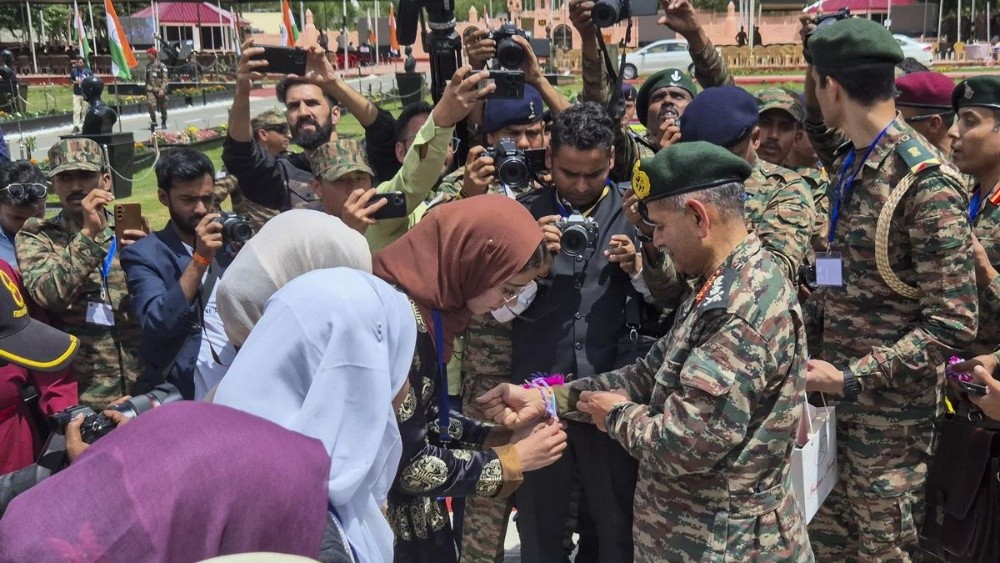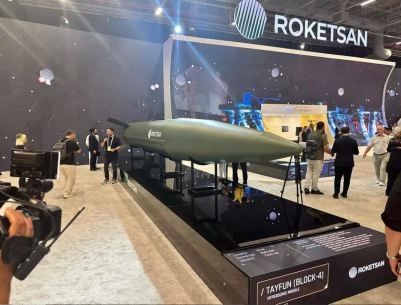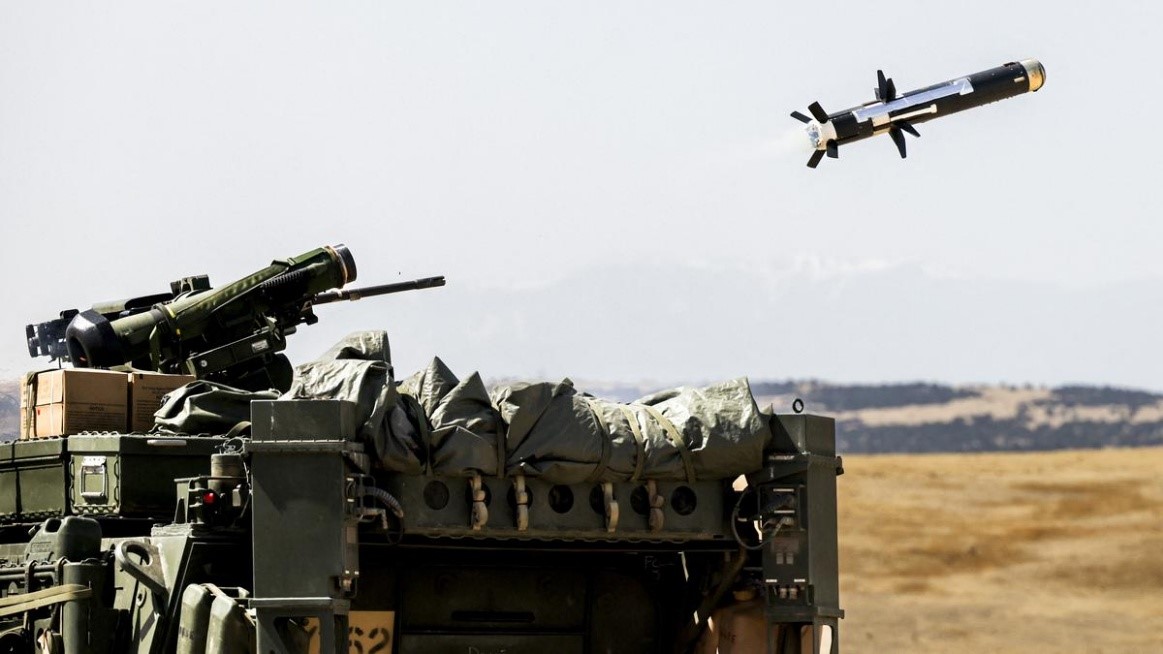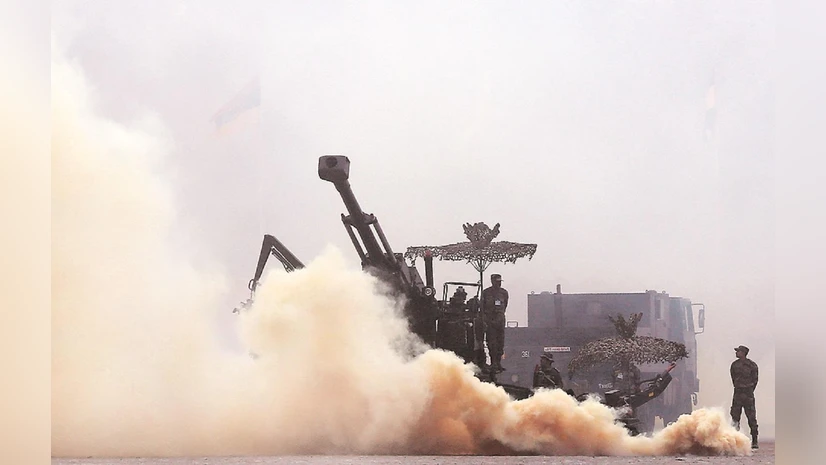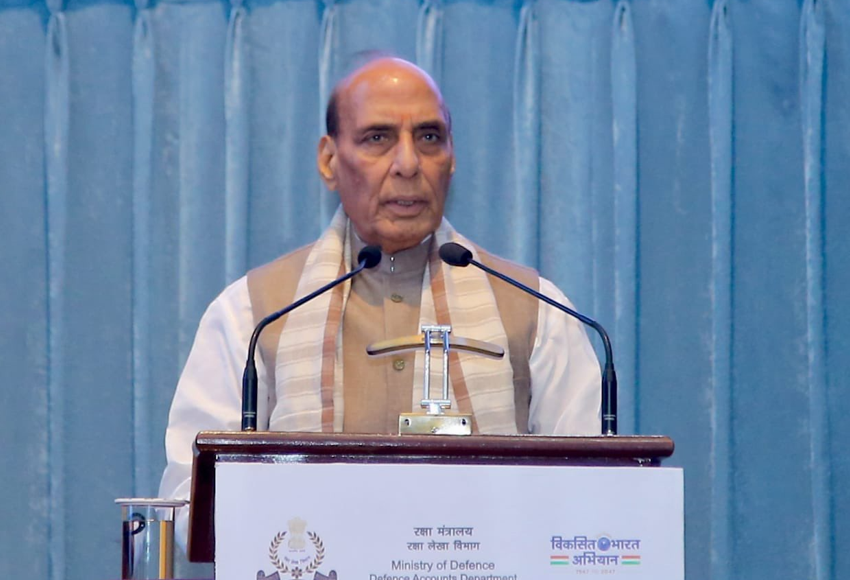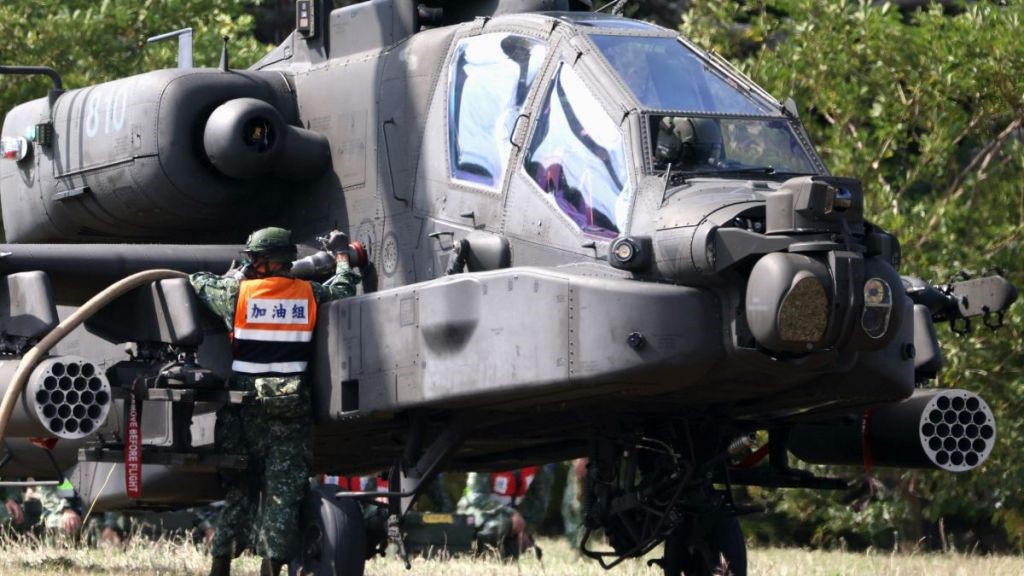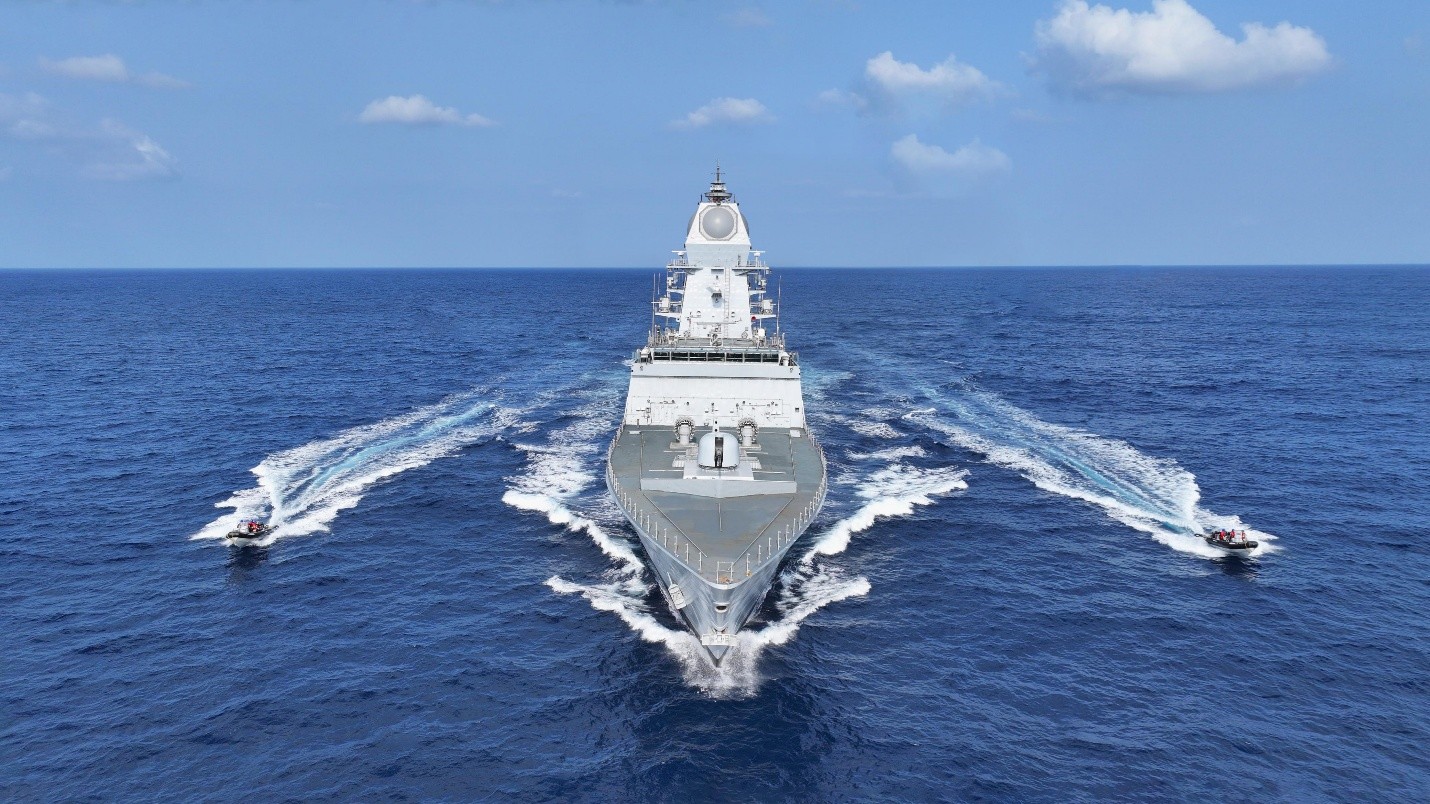Description
_BILL,_2023.jpg)
Disclaimer: Copyright infringement not intended.
Context
- The Lok Sabha passed the Inter-Services Organisation (Command, Control and Discipline) Bill, 2023.
Details
- This bill proposes to give designated military commanders the authority to lead soldiers and maintain discipline, regardless of their service branch.
- The Bill seeks to empower the Commander-in-Chief and Officer-in-Command of Inter-Services Organisations (ISOs) with all disciplinary and administrative powers in respect of the personnel serving in or attached to such organizations.
- The ‘ISO Bill-2023’ is essentially an ‘enabling Act’ and it does not propose any change in the existing Service Acts/Rules/Regulations which are time-tested and have withstood judicial scrutiny over the last six decades or more.
- The Ministry further stated that the Bill would also pave the way for much greater integration and jointness amongst the three Services.

KEY FEATURES
Key features of the Bill include:
Inter-services Organisation
- Existing Inter-services Organisations will be deemed to have been constituted under the Bill. These include the Andaman and Nicobar Command, the Defence Space Agency, and the National Defence Academy.
- The central government may constitute an Inter-services Organisation which has personnel belonging to at least two of the three services: the army, the navy, and the air force.
- These may be placed under the command of an Officer-in-Command. These organisations may also include a Joint Services Command, which may be placed under the command of a Commander-in-Chief.
Control of Inter-services Organisations
- Presently, the Commander-in-Chief or Officer-in-Command of Inter-services Organisations are not empowered to exercise disciplinary or administrative powers over the personnel belonging to other services.
- The Bill empowers the Commander-in-Chief or the Officer-in-Command of an Inter-services Organization to exercise command and control over the personnel serving in or attached to it.
- He would be responsible for maintaining discipline and ensuring proper discharge of duties by the service personnel.
- The superintendence of an Inter-services Organization will be vested in the central government. The government may also issue directions to such organizations on grounds of national security, general administration, or public interest.
Other forces under Central Government
- The central government may notify any force raised and maintained in India to which the Bill will apply. This would be in addition to army, navy, and air force personnel.
Commander-in-Chief:
- The officers eligible to be appointed as the Commander-in-Chief or Officer-in-Command are:
(i) a General Officer of the regular Army (above the rank of Brigadier),
(ii) a Flag Officer of the Navy (rank of Admiral of the Fleet, Admiral, Vice-Admiral, or Rear-Admiral), or
(iii) an Air Officer of the Air Force (above the rank of group captain).
- He will be empowered to exercise all disciplinary and administrative powers vested in:
(i) General Officer Commanding the Army,
(ii) Flag Officer Commanding-in-Chief of a Naval Command,
(iii) Air Officer Commanding-in-Chief of an Air Command,
(iv) any other officer/authority specified in the service Acts, and
(v) any other officer/authority notified by the government.
Commanding Officer:
- The Bill provides for a Commanding Officer who will be in command of a unit, ship, or establishment. The officer will also perform duties assigned by the Commander-in-Chief or Officer-in-Command of the Inter-services Organisation.
- The Commanding Officer will be empowered to initiate all disciplinary or administrative actions over the personnel appointed, deputed, posted, or attached to that Inter-services Organization.
|
PRELIMS PRACTICE QUESTION
Q. Whose disciplinary and administrative powers are vested in the Commander-in-Chief as per the Inter-Services Organisation (Command, Control and Discipline) Bill, 2023?
(i) General Officer Commanding the Army,
(ii) Flag Officer Commanding-in-Chief of a Naval Command,
(iii) Air Officer Commanding-in-Chief of an Air Command,
(iv) Any other officer/authority specified in the service Act.
How many of the above are correctly matched?
A) Only 1
B) Only 2
C) Only 3
D) All
Answer: D) All
|
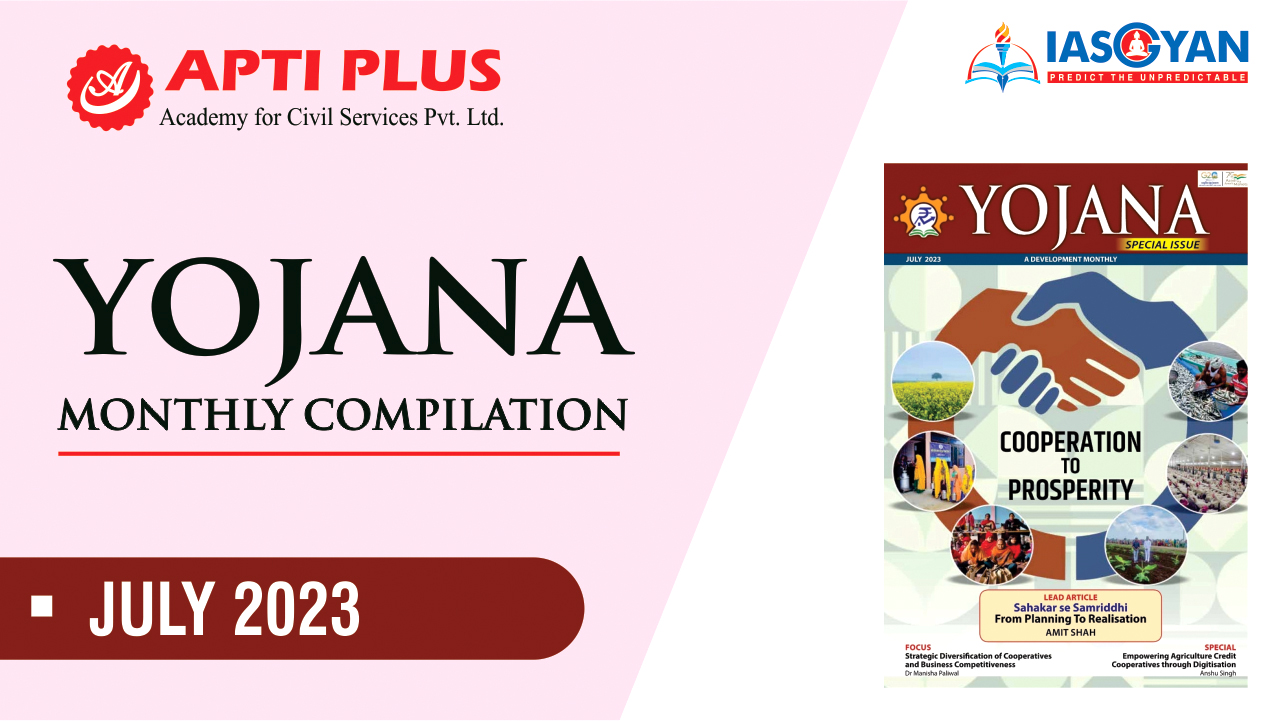
https://epaper.thehindu.com/ccidist-ws/th/th_delhi/issues/46451/OPS/GMCBIT6R0.1+GCTBIVGVL.1.html
Array
(
[0] => daily-current-affairs/inter-services-organisation-command-control-and-discipline-bill-2023
[1] => daily-current-affairs
[2] => inter-services-organisation-command-control-and-discipline-bill-2023
)




_BILL,_2023.jpg)
_BILL,_2023.jpg)
